
Cyber Security News Update – Week 3 of 2021
The year 2021 has just begun, and the cyber adversaries are already strengthening their game. The following headlines from cybersecurity echo the dynamic events associated with the cyber realm:

The year 2021 has just begun, and the cyber adversaries are already strengthening their game. The following headlines from cybersecurity echo the dynamic events associated with the cyber realm:

2020 was a roller-coaster ride for most individuals and businesses, and everyone had to adapt to a new normal. The most notable change was in the way we work. While businesses started work from home policies, individuals started relying on electronic modes of transactions and communications. The increasing reliance on emails, unsurprisingly, led to a considerable hike in the number of email-based cyberattacks. While businesses are becoming more informed about the advantages of maintaining a robust cybersecurity posture, they are ignoring email security. This article will persuade them otherwise.
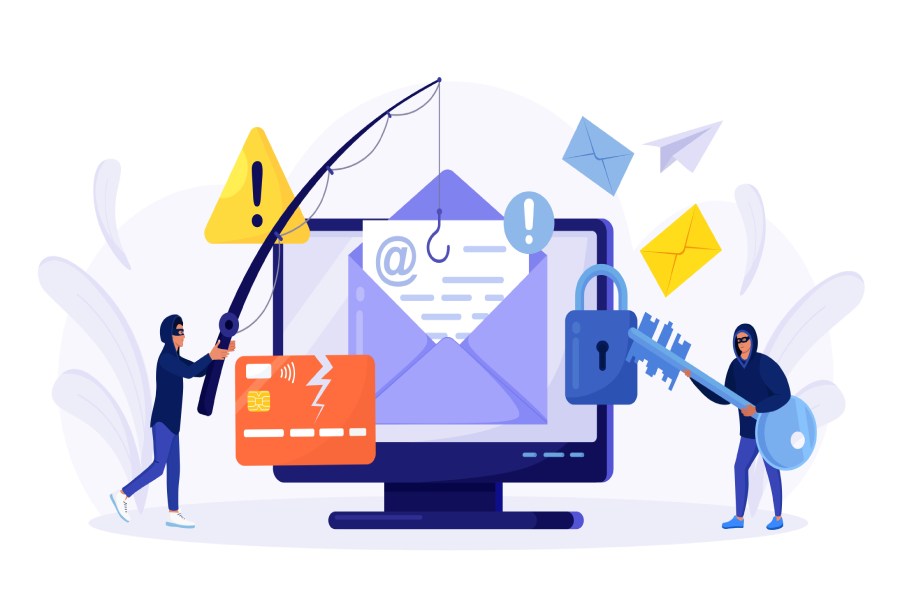
(San Diego, CA – January 12, 2021)
A client falling for a phishing scam can cost your time, money, and reputation. Protect the inbox with enterprise features without the enterprise price tag.
DuoCircle LLC, a leading email security company, today announced the expansion of their Managed Service Provider (MSP) Partner Program and an upgraded email security solutions for SMB, PhishProtection. This solution empowers MSPs with enhanced multi-layered protection from phishing, ransomware, impersonation, malware, and spam.
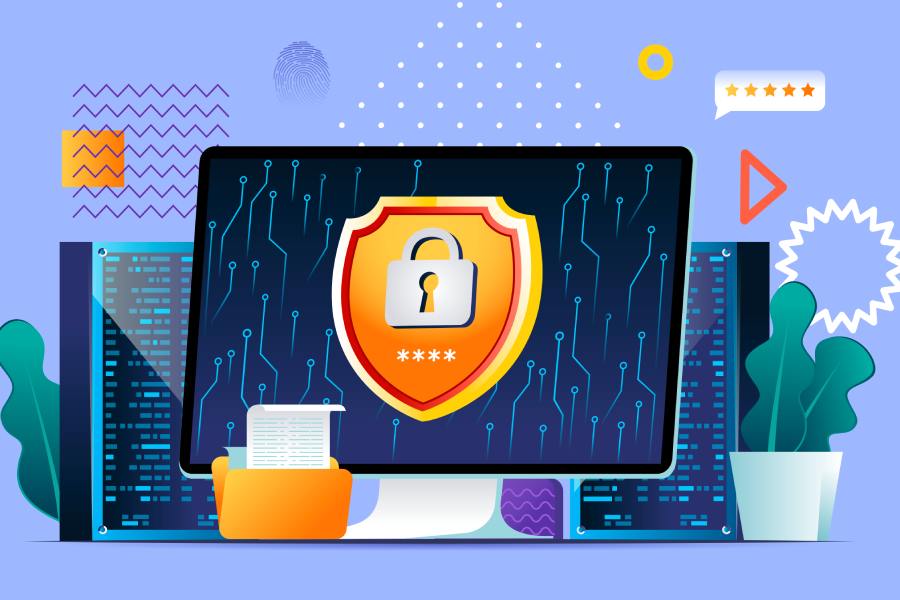
The one group of people who never settle is cyber attackers. The list of attacks on organizations and individuals is only expanding, and the holiday season is the bonus these malicious actors await. The following are some of the latest updates from the cybersecurity realm

Most businesses consider emails as the most effective tool for marketing their products and services. Online banks, e-commerce stores, user verifications, and paid adverts require valid email addresses for a smooth functioning business. Executives in the digital industry know that a few minutes of delay in sending an email can create panic in their customers’ minds.
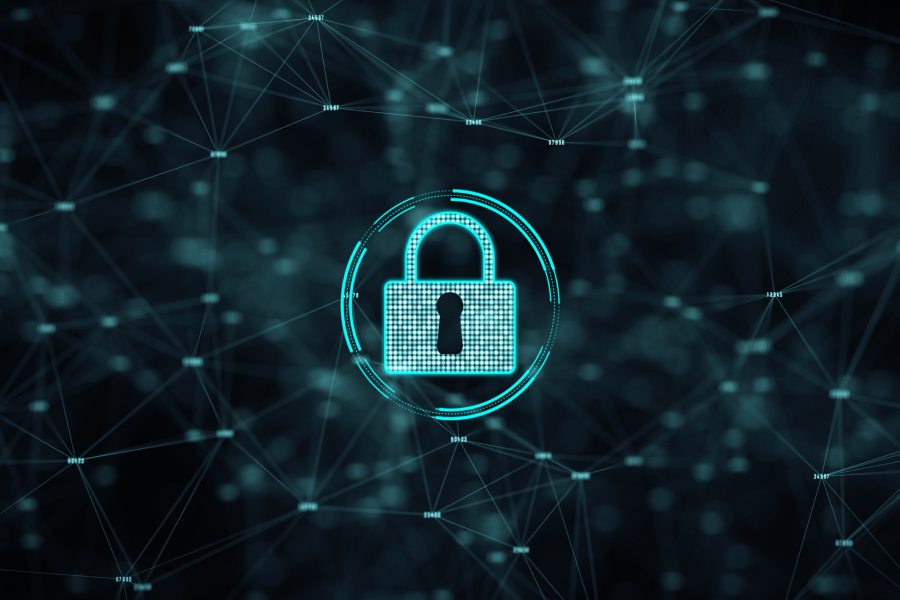
Email security is all the more crucial at this time of the year when employees take off to their homes, and cyber adversaries get on their malicious working hats. The festive season has witnessed an increased number of cyberattacks in the past, and this year is no different. Read on to learn about the recent cybersecurity breaches
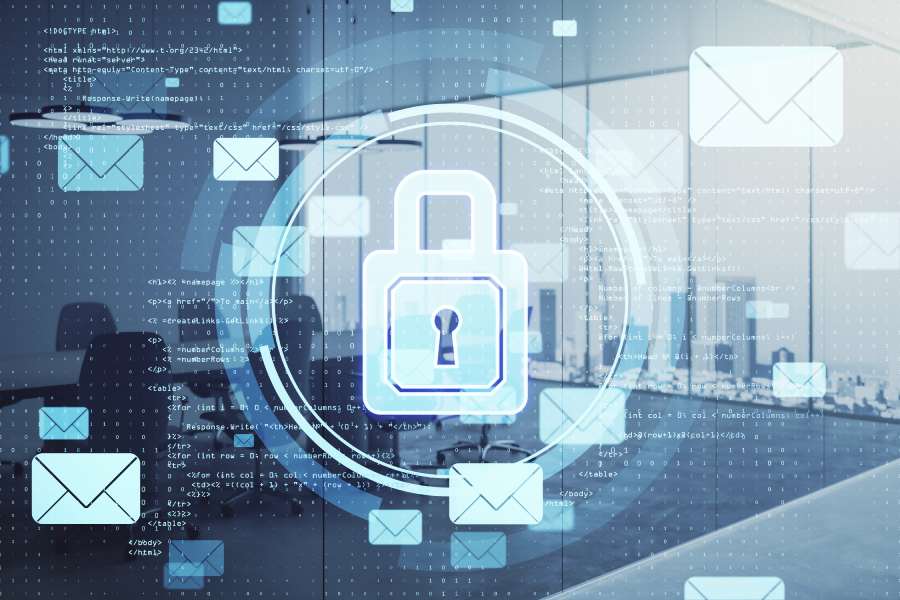
2020 has been a tumultuous year globally, with almost every industry suffering because of the pandemic. It has given rise to a revolutionary shift in the work culture as more people started working from home/remote locations. Emails have become the primary communication mode for everyone, from students to workers. Malicious actors have enjoyed a good outing under such circumstances, using spear-phishing, BEC, and ransomware to globally infiltrate enterprise networks.
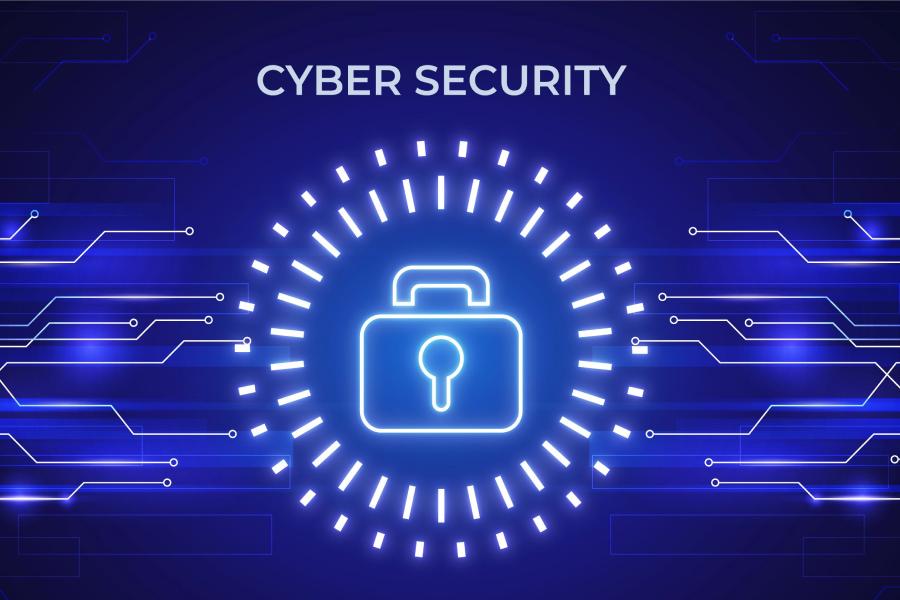
Yet again, cybersecurity becomes a sensational topic. With encrypted apps getting compromised and nations launching cyber espionage, the news headlines are filled with instances of ransomware protection getting overthrown by cyber adversaries. Here are some of the most crucial cyber headlines from this past week.
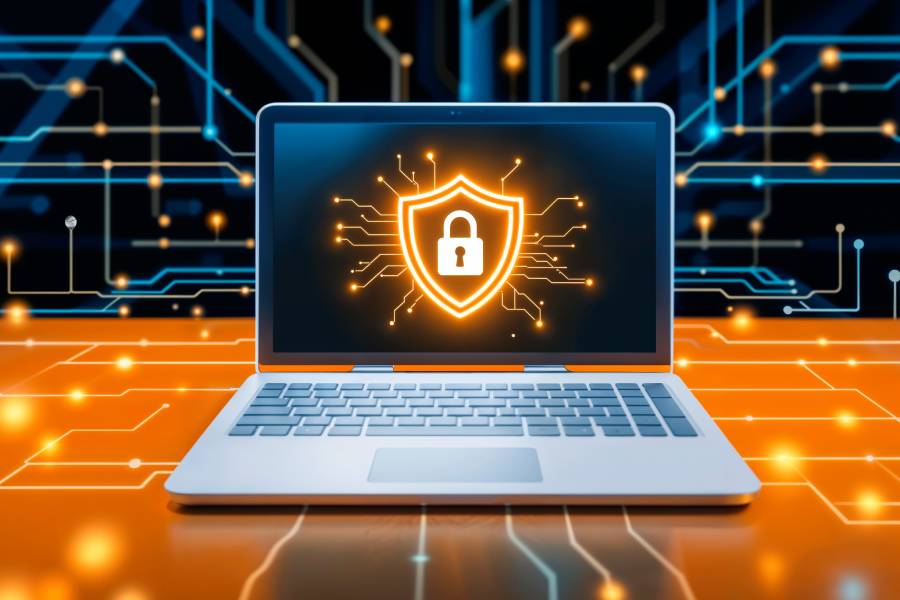
Despite being aware of the various cyber risks, small businesses choose to ignore the need for a robust cybersecurity posture. They believe malicious actors only target large organizations and not them. However, lack of phishing protection or a business continuity strategy in the event of a cyber-attack leaves them at high risk. These cyberattacks can cost a business dearly if the IT security teams do not have an effective cybersecurity policy. The primary step in this direction is to address the challenges and vulnerabilities characteristic of an SME environment.
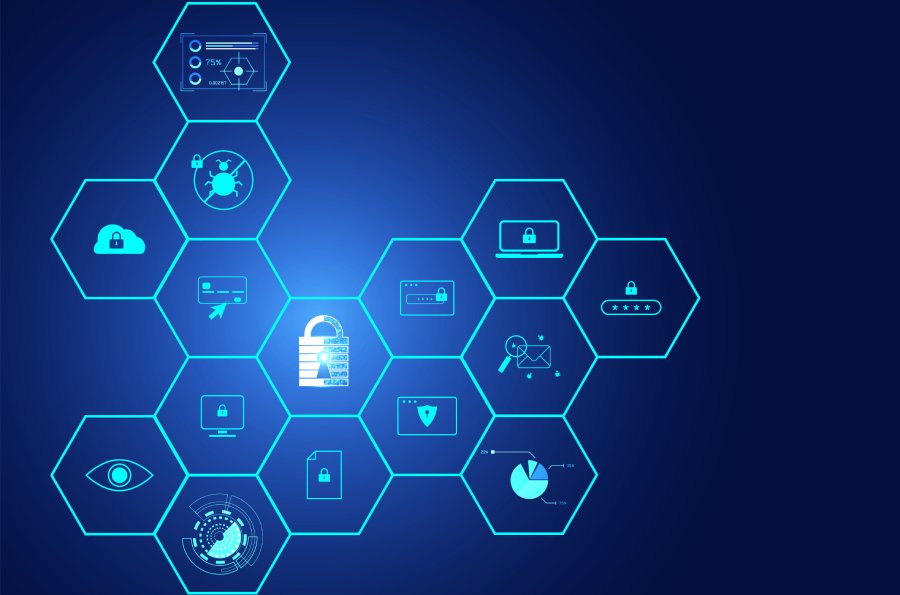
Cyber attacks account for some of the most significant financial losses across industries annually. The following cybersecurity incidents shall leave you baffled and with an urge to expedite your organizations’ security strategies.